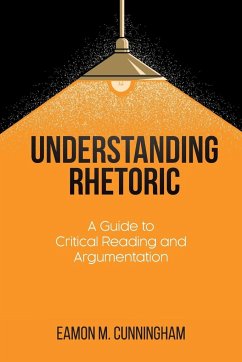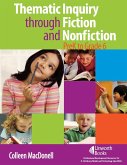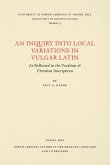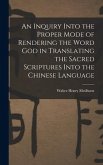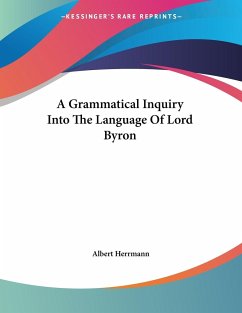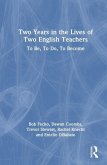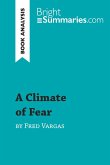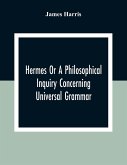Understanding Rhetoric: A Guide to Critical Reading and Argumentation is a composition textbook that outlines three essential skills - rhetoric, argument, and source-based writing - geared towards newcomers and advanced students alike. Though comprehensive in its coverage, the book's focus is a simple one: how to move beyond a "gut reaction" while reading to an articulation of what is effective and what is not, while explicitly answering the most important question of "Why?" This text gets at this central concern in two fundamental ways. First, the text teaches composition as a cumulative process, coaching you how to question, challenge, and expand on not just the readings you hold in your hands, but also how to interrogate the internal processes of writing and thinking. The book's blend of composition methods detail the cross-point of product and process to turn reading and writing from a matter of coming up with answers to questions to learning what type of questions need to be asked in the first place. The "right" questions, the text argues, are fundamentally rhetorical in nature. Second, the content of the practice-based chapters is framed into a larger mesh of intellectual history to show how the writing and thinking you are doing today is continuous with a long history of writing instruction that goes back to the ancient world. This book provides equal representation from classical and contemporary theory with the recognition that theory cannot be fully grasped without practice, and practice cannot be fully understood without its theoretical antecedent. After all, you can't write "outside the box" until you know where the box is and what it looks like.
Hinweis: Dieser Artikel kann nur an eine deutsche Lieferadresse ausgeliefert werden.
Hinweis: Dieser Artikel kann nur an eine deutsche Lieferadresse ausgeliefert werden.

